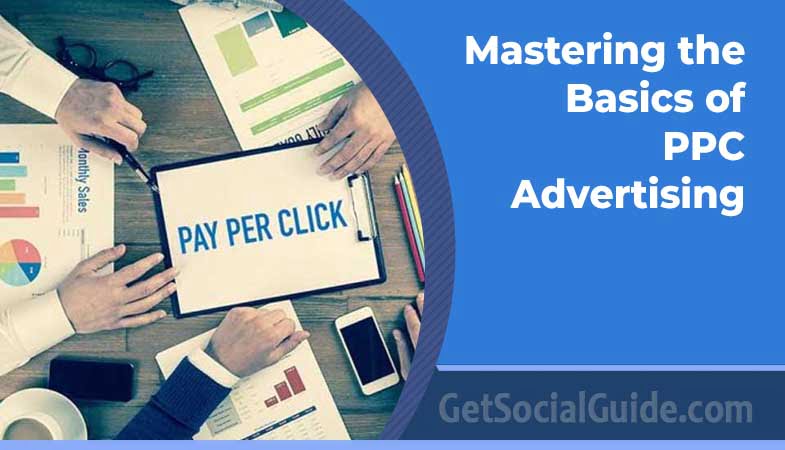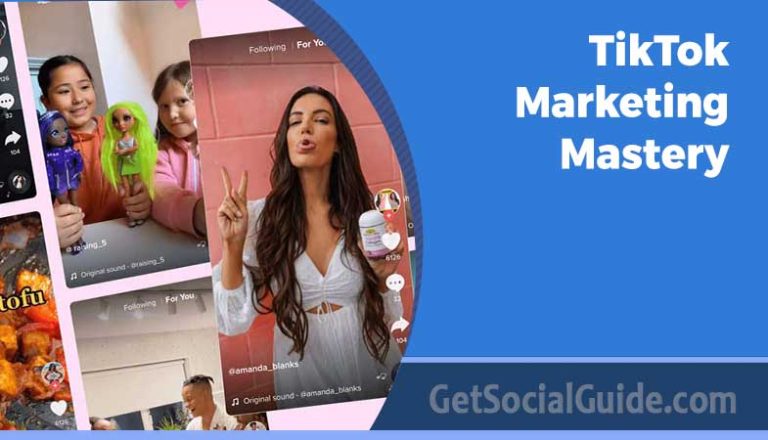Mastering the Basics of PPC Advertising – A Comprehensive Guide
Pay-per-click advertising is one of the fastest ways to get traffic to your website. It’s also a great way to build brand awareness and complement your SEO efforts.
PPC ads can be text, image, video, or a combination of these and can appear on search engines, websites, and social media platforms. This article will cover the basics of creating and optimizing a PPC campaign.
Choosing Your Keywords
PPC Ottawa revolve around keywords; a successful campaign starts with selecting the right ones. It may seem simple since Google offers tools that can give you sample keywords based on a scan of your website, but to maximize your campaign’s ROI, you need to create a keyword strategy.
Start by identifying your target audience and the keywords they use to find your products or services. This will help you target your ad placements and create campaigns that are more likely to convert.
Using keywords with high search volume and low competition will result in higher click-through rates and quality scores, lowering costs. It would help if you also considered identifying negative keywords, which are search terms for which you don’t want your ad to appear. This will prevent your ads from being shown to people who don’t need them and could lead to a bad impression of your brand.

Creating Your Ad Groups
PPC advertising works through a bidding process that determines the placement of ads on search engine results pages. User searches trigger this auction based on several factors, including keywords (intent), location, device, and time of day.
To maximise the effectiveness of your PPC campaigns, it is important to structure them into ad groups. This allows you to monitor and manage your campaign. It also lets you focus on the keywords and ads that drive value and helps your team make data-driven adjustments to achieve success.
Ad groups can be grouped by a common theme, such as match types, audience needs, or landing page goals. You can even create single-keyword ad groups, which isolate a group of keywords and allow for closer attention to performance, copy optimization, and testing.
Creating Your Ads
When you’re ready to create your ads, you must set up an account with the PPC platform of your choice (Google Ads is most popular). You’ll also need to choose a bidding strategy and determine how much you will pay per click. The platforms will then display your ads based on an auction system.
PPC advertising is a great way to reach your audience and achieve your marketing goals. It’s cost-effective and measurable, so you can track conversions and return on investment. It’s also ideal for regaining a brand reputation after a negative event or PR crisis.
The key to success with PPC is consistency and testing. You need to monitor your campaign and make changes based on the data you gather. You can use several tools to help you do this, including Unbounce, Databox, and Ahrefs. You should also consider ad group structure, with specialists favoring a structure known as SKAGs (single keyword ad groups). These structures allow you to control the targeting and bidding for specific keywords.
Managing Your Ads
PPC ads are constantly changing and need to be continually monitored and optimized. Whether it’s your keywords, copywriting, or competitor analysis, you need to be proactive and continue testing new elements of your campaign.
To get the most out of your PPC campaigns, you must create ad groups with related keywords and consistent messaging. This will help you to produce more relevant and trustworthy ads that align with user search intent, boosting your quality score.
Monitoring your budget and pausing any underperforming keywords that aren’t producing results is also important. You may also want to test out different bidding strategies to find what works best for your business.






